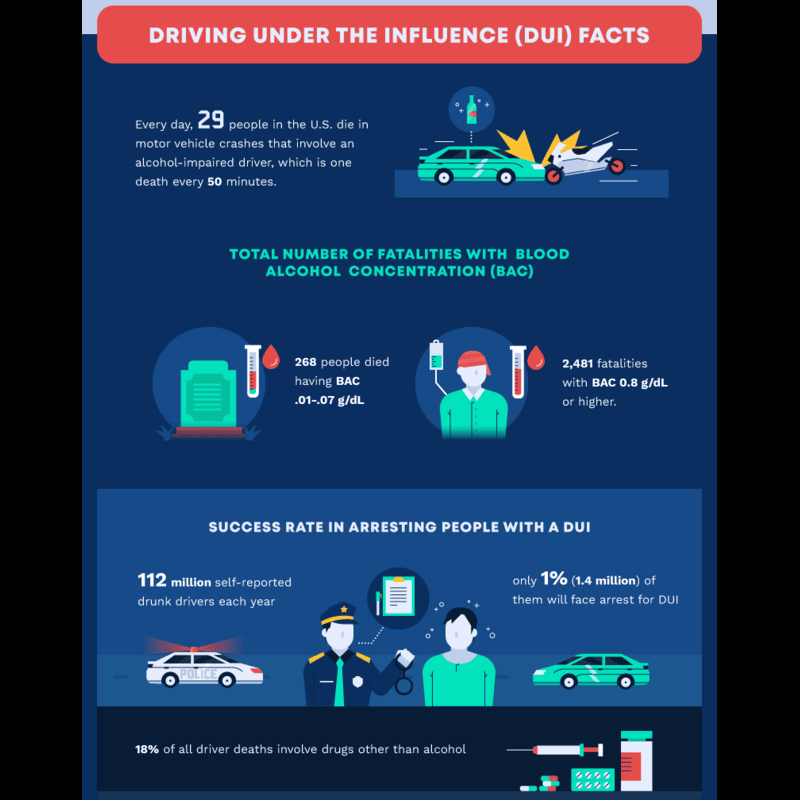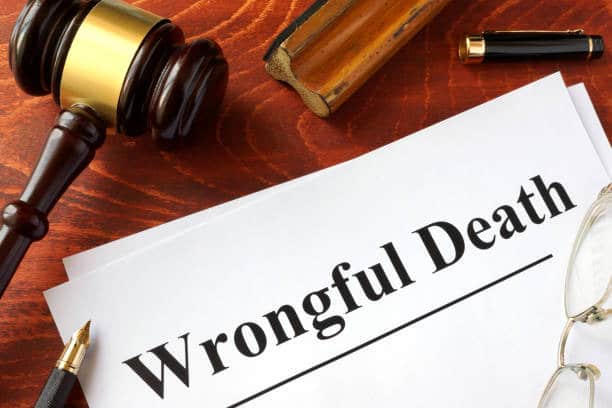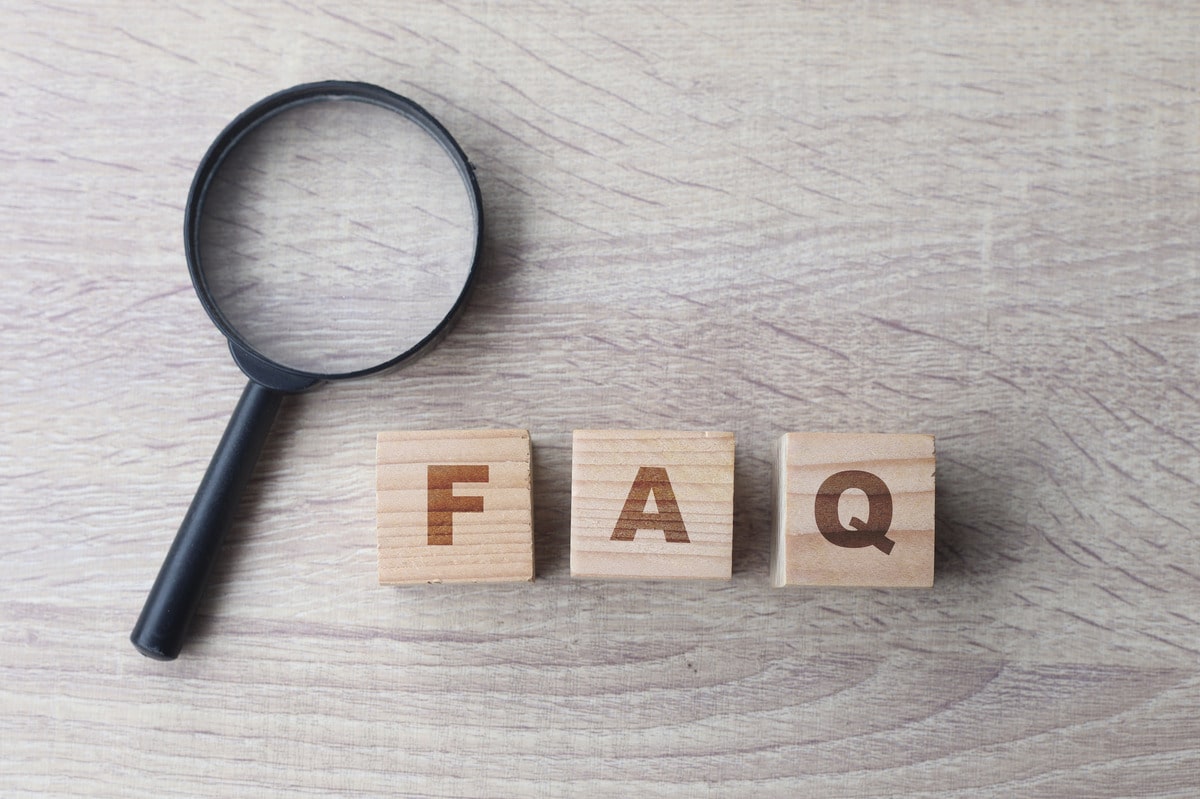Legal Options for Victims of Drunk Driving Accidents
Drunk driving accidents are one of the most tragic and preventable incidents on our roads. According to the National Highway Traffic Safety Administration (NHTSA), drunk driving claims thousands of lives each year, leaving victims and their families to deal with the aftermath. Understanding your drunk driving accident legal options is crucial in seeking justice and compensation for the physical, emotional, and financial damages caused by these reckless actions.
The physical injuries, emotional trauma, and financial burdens that follow a drunk driving accident can be overwhelming. Understanding your legal options is crucial if you or someone you love has been affected by such an accident.
This article will explore the various legal avenues available to victims, focusing on the keyword “drunk driving accident legal options.”
Understanding Drunk Driving Accidents
What Constitutes a Drunk Driving Accident?
A drunk driving accident occurs when an individual operates a vehicle while impaired by alcohol or drugs. This impairment affects their ability to drive safely, leading to accidents that can cause severe injuries or fatalities. In many cases, these accidents are entirely preventable, as individuals have the choice not to drive after consuming alcohol.
The statistics surrounding drunk driving are alarming. According to the NHTSA, in 2020 alone, over 11,000 fatalities resulted from alcohol-impaired driving crashes. Victims of drunk driving accidents often suffer from various injuries, including traumatic brain injuries, spinal cord injuries, fractures, and emotional distress. The impact of these accidents extends beyond physical injuries, affecting victims’ livelihoods, relationships, and overall quality of life.

Why Seek Legal Representation?
Navigating the legal landscape after a drunk driving accident can be complicated and overwhelming. Victims often face mounting medical bills, loss of income, and insurance claims. Additionally, the emotional toll can be significant, making it challenging to make informed decisions about pursuing legal action.
This is where a qualified attorney can be invaluable. Legal representation can help victims:
- Assess Their Situation: An experienced attorney can evaluate the specifics of your case, including the circumstances of the accident, the extent of your injuries, and potential avenues for compensation.
- Negotiate with Insurance Companies: Insurance companies are often more interested in minimizing payouts than fairly compensating victims. A skilled attorney can negotiate with insurance representatives to ensure you receive the compensation you deserve.
- File Legal Claims: If necessary, your attorney can guide you through filing a lawsuit against the responsible party, ensuring all legal deadlines are met, and all the required documents are filed accurately.
- Represent You in Court: Should your case go to trial, having an attorney to represent you can significantly increase your chances of a favorable outcome.
Primary Content: Legal Options for Victims of Drunk Driving Accidents
1. Filing a Personal Injury Claim
One of the most common legal options available to victims of drunk driving accidents is filing a personal injury claim against the at-fault driver. This legal avenue allows victims to seek compensation for damages incurred due to the accident.
- Establishing Liability: To succeed in a personal injury claim, you must prove that the drunk driver was negligent. This typically involves demonstrating that they were driving under the influence, contributing to the accident. Evidence such as police reports, breathalyzer results, and witness statements can support your claim.
- Documenting Damages: Victims can seek compensation for various damages, including medical expenses (current and future), lost wages, pain and suffering, emotional distress, and property damage. Keeping thorough documentation of all costs and losses related to the accident is essential.
- Understanding the Statute of Limitations: Each state has its statute of limitations for filing personal injury claims, generally ranging from two to three years from the date of the accident. It’s crucial to act promptly to ensure your right to compensation is preserved.
Filing a personal injury claim can be challenging, particularly when negotiating with insurance companies. These companies often employ tactics to minimize payouts, such as questioning the severity of injuries or disputing liability. Having an experienced attorney can help counter these tactics and strengthen your claim.
2. Filing a Dram Shop Liability Claim
In some cases, the responsibility for a drunk driving accident extends beyond the driver to the establishment that served them alcohol. Under dram shop laws, bars, restaurants, and other establishments may be held liable for serving alcohol to visibly intoxicated individuals or minors.
- Establishment Responsibility: If the drunk driver was served alcohol at a bar or restaurant before the accident, victims may have grounds for a dram shop liability claim. Establishments that serve patrons can face significant legal consequences if their actions lead to an accident.
- Gathering Evidence: To pursue a dram shop liability claim, victims need to gather evidence demonstrating that the establishment served alcohol to the driver while they were visibly intoxicated. This evidence may include witness statements, video footage, and receipts.
- Consulting an Attorney: Navigating dram shop laws can be complex, and working with an attorney experienced in this area is crucial. They can help you understand the legal framework and gather the necessary evidence to support your claim.
3. Pursuing a Wrongful Death Claim

- Eligibility to File: Typically, immediate family members such as spouses, children, and parents can file a wrongful death claim. Other relatives may also be eligible in some states, depending on the circumstances.
- Types of Damages: Compensation in a wrongful death claim can include funeral expenses, lost income (both past and future), loss of companionship, and emotional suffering. Each case is unique, and the specific damages claimed will depend on the individual circumstances of the victim and their family.
- Statute of Limitations: Like personal injury claims, wrongful death claims are also subject to laws of limitations, which vary by state. It is vital to act quickly to ensure your claim is filed within the legal timeframe.
4. Seeking Punitive Damages
Victims of drunk driving accidents may be eligible for compensatory damages in addition to punitive damages. Punitive damages are designed to punish the at-fault driver for their reckless behavior and deter similar conduct in the future.
- Gross Negligence: To qualify for punitive damages, victims must demonstrate that the driver acted with gross negligence or intentional misconduct. In the case of drunk driving, operating a vehicle while impaired often meets this threshold.
- Legal Guidance: Pursuing punitive damages can be complex, and the standards for awarding such damages vary by state. Consulting with an attorney can help you understand the likelihood of obtaining punitive damages in your case.
5. Insurance Claims and Underinsurance Coverage

- Filing an Insurance Claim: After an accident, victims can file a claim with the at-fault driver’s insurance company. Victims may need to rely on their insurance policy for compensation if the driver is uninsured or underinsured.
- Understanding Underinsured Motorist Coverage: Many insurance policies include underinsured motorist coverage, which can provide additional compensation when the at-fault driver’s insurance limits are insufficient to cover the victim’s damages. It’s essential to review your insurance policy and understand what coverage you have.
- Working with an Attorney: An attorney can help victims navigate the complexities of insurance claims, ensuring they receive the total compensation they are entitled to.
Frequently Asked Questions (FAQs)

1. What should I do immediately after a drunk driving accident?
Immediately following an accident, prioritize safety and health. Here’s a checklist of actions to take:
- Seek Medical Attention: Even if injuries appear minor, it’s essential to get checked by a medical professional.
- Call the Police. Reporting the accident ensures an official record is created, which is critical for insurance claims and legal actions.
- Gather Evidence: Take photos of the accident scene, collect witness information, and document any visible injuries.
2. How long do I have to file a claim after a drunk driving accident?
The statute of limitations varies by state, but victims generally have two to three years from the accident date to file a personal injury claim. It’s essential to act promptly to protect your rights.
3. Can I file a claim if I was partially at fault for the accident?
Yes, many states operate under a comparative negligence system. This means you can still recover damages even if you were partially at fault. However, your compensation may be reduced based on your percentage of fault.
4. What types of damages can I claim in a drunk driving accident lawsuit?
Victims can claim various damages, including:
- Medical expenses (current and future)
- Lost wages
- Pain and suffering
- Emotional distress
- Property damage
- Punitive damages (in some instances)
5. How can a lawyer help me after a drunk driving accident?
An attorney can provide valuable assistance in several ways:
- Evaluating your case and determining potential compensation
- Negotiating with insurance companies for a fair settlement
- Filing necessary legal claims and ensuring compliance with deadlines
- Representing you in court if a lawsuit is necessary
Conclusion:

Contact us today for a free consultation! Let us guide you through the complexities of your case and advocate on your behalf. Remember, you don’t have to face this challenge alone—reach out now!
Roxell Richards Injury Law Firm

